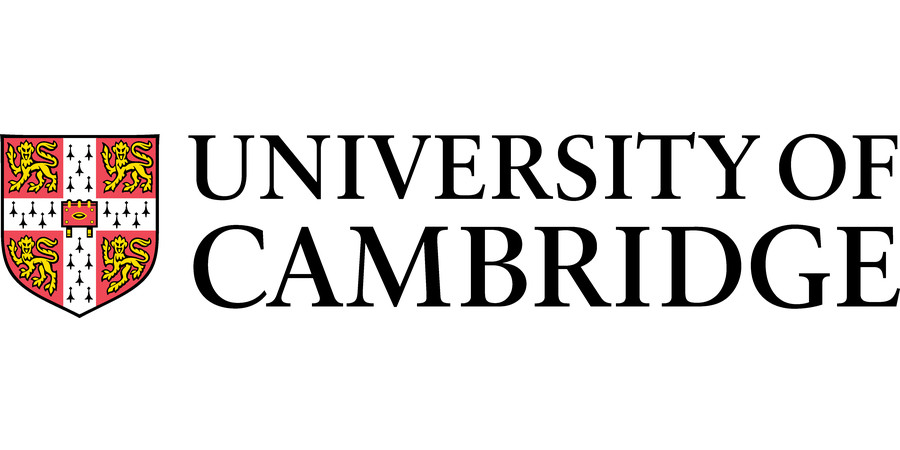Research Assistant/Associate - Genome regulation
University of Cambridge - Wellcome Trust/Cancer Research UK Gurdon Institute
| Location: | Cambridge |
|---|---|
| Salary: | £29,605 to £44,263 per annum |
| Hours: | Full Time |
| Contract Type: | Permanent |
| Placed On: | 23rd September 2024 |
|---|---|
| Closes: | 29th October 2024 |
| Job Ref: | PR43333 |
We are looking for a talented and motivated postdoctoral scientist to join the lab of Dr Emma Rawlins.
The Rawlins lab studies lung development and lung stem cells with a particular focus on using human organoid models to study cellular and molecular mechanisms controlling development and repair. We have recently developed a series of innovative human lung organoid models and accompanying CRISPR tools which will further enable the study of human lung disease.
The specific, short-term, project will focus on the role of hypoxia in human lung epithelial development and disease. It will focus on the mechanisms underlying the response of primary human lung organoids to low oxygen conditions. The project will be very focused on a specific set of experiments which need to be completed within 1 year, including use of CRISPR tools and single cell RNA sequencing.
You should have a PhD in a relevant subject, or be close to completion of your degree. Successful candidates who have not been awarded their PhD by the appointment date will be appointed as a Research Assistant at Grade 5 (£32,982 per annum). Upon award of the PhD the individual will be promoted to Research Associate, Grade 7 (£36,024-£44,263 per annum).
You should be passionate about developmental/stem cell biology, be willing to tackle difficult problems and be able to develop novel experimental approaches to answer outstanding questions. Prior experience with culture of organoids derived from primary tissue, CRISPR genome editing, flow cytometry and next-generation sequencing would be highly advantageous given the short-term nature of the project. You will play a key role in a highly collaborative research programme, so a friendly and collegial attitude is crucial.
Activities include:
- Collaborating with lab members on research projects.
- Providing experimental or technical support to other lab members.
- Providing technical expertise and input to develop, optimise and troubleshoot relevant and novel methodologies.
- Independently undertaking own research project, designing, and executing experiments in consultation with the group leader.
- Participating in academic activities, including group meetings and journal clubs, seminars, and scientific meetings.
- Writing up findings and completing revisions.
- Maintaining laboratory organisation, supplies, and safety procedures
- Training new and existing lab members in standard operating procedures
This is a highly collaborative position, so excellent communication and interpersonal skills are essential. You should be a motivated and organised individual with expertise in a broad range of molecular and cell biology techniques and have the ability to work both independently and as part of a team. Experience in organoid culture and CRISPR techniques are highly desirable. Candidates should have a PhD in a relevant discipline, or be close to completion of their degree, and have a capacity to apply initiative and creativity to solve technical and biological problems.
Fixed-term: The funds for this post are available for 1 year in the first instance.
Please quote reference PR43333 on your application and in any correspondence about this vacancy.
The University actively supports equality, diversity and inclusion and encourages applications from all sections of society.
The University has a responsibility to ensure that all employees are eligible to live and work in the UK.
Advert information
Type / Role:
Subject Area(s):
Location(s):









